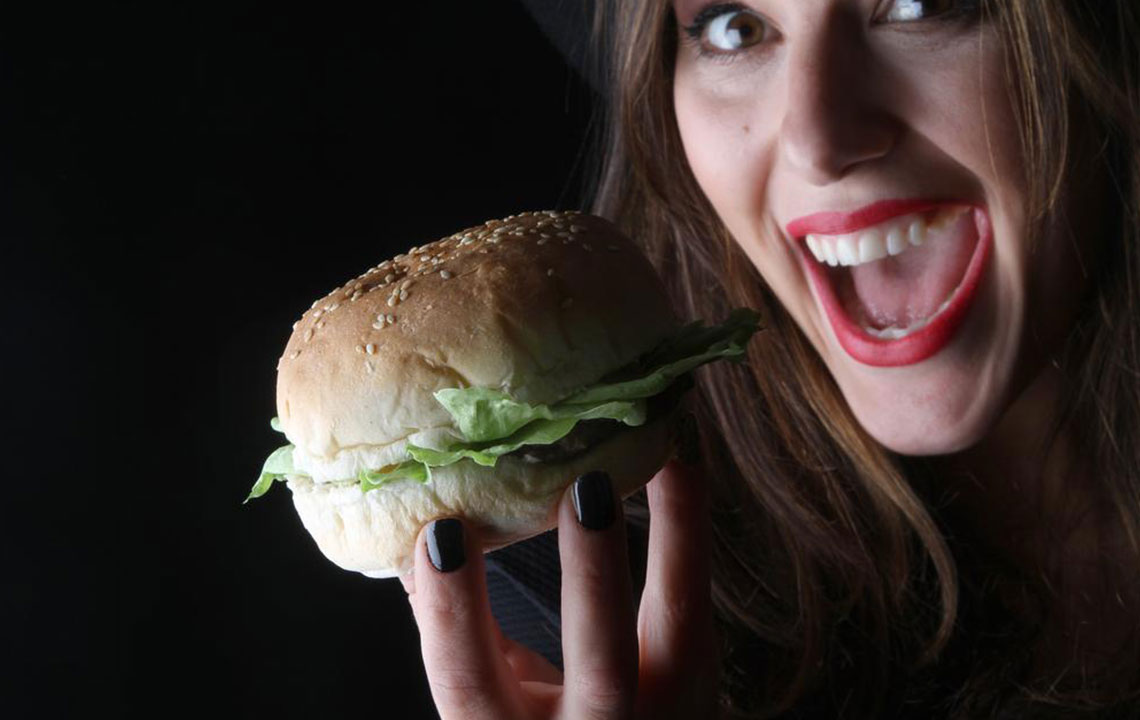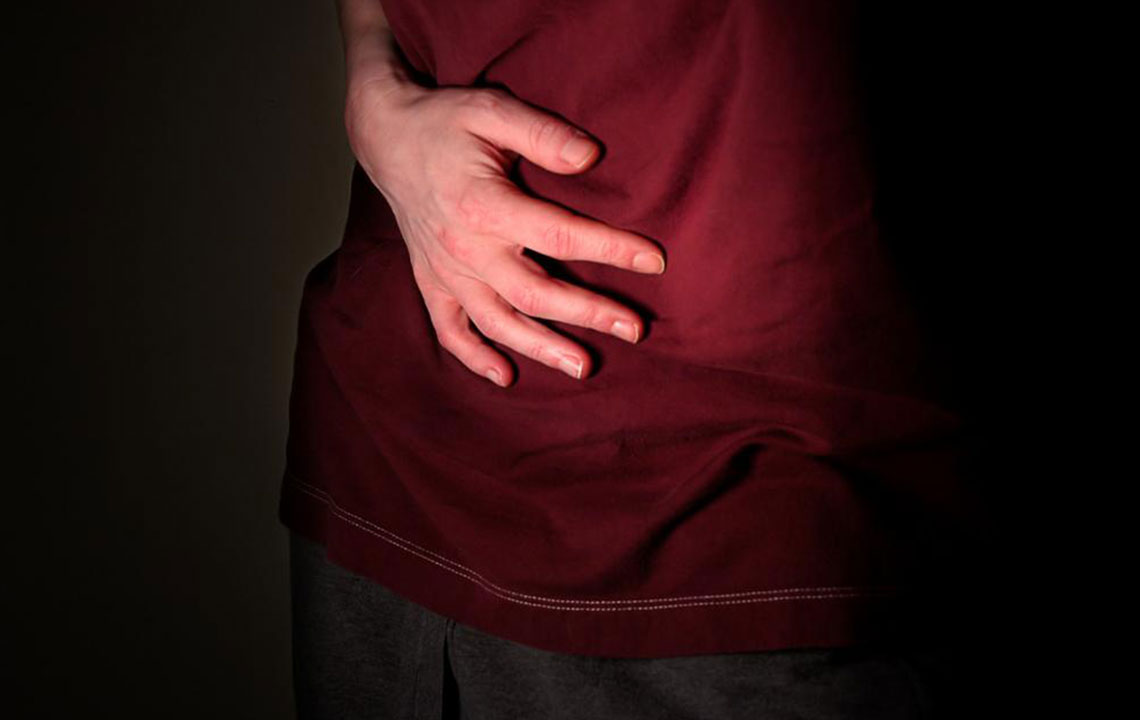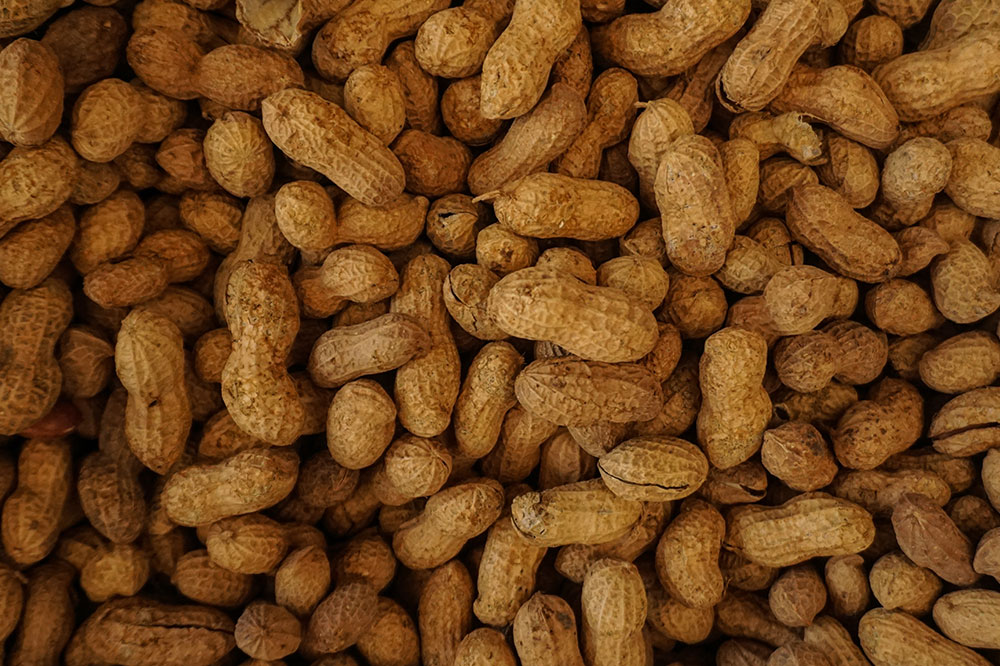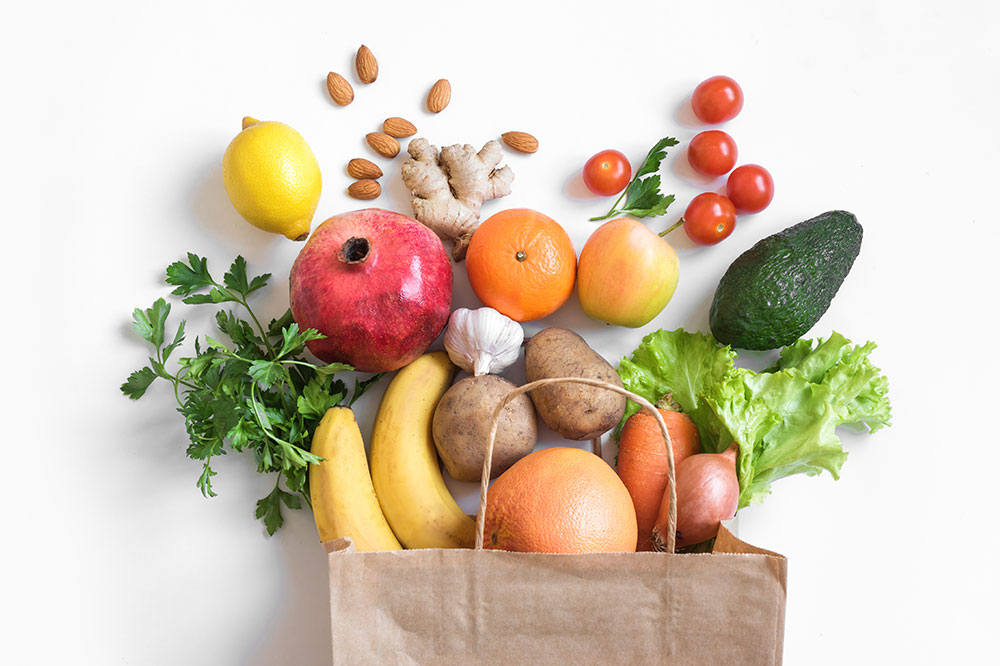Foods to Avoid If You Have Acid Reflux
This article highlights common foods to avoid for managing acid reflux symptoms. It explains how items like caffeinated drinks, spicy foods, citrus fruits, and fried foods can relax the lower esophageal sphincter, triggering reflux. Recommendations include limiting large meals before bedtime, reducing intake of high-fat and processed foods, and avoiding substances like mint, garlic, and onions. Proper dietary choices can significantly improve comfort and prevent acid reflux episodes, supporting better digestive health.
Sponsored

Foods to Steer Clear of If You Experience Acid Reflux
Various foods can trigger acid reflux, a condition where stomach acid flows back into the esophagus due to a weakened lower esophageal sphincter (LES). The LES's primary role is to prevent this reflux by closing after food passes into the stomach. Certain common foods can compromise this function and exacerbate symptoms. Knowing which foods to avoid can help manage and reduce acid reflux discomfort.
Below is a curated list of food items that are known to cause acid reflux and should be limited or eliminated from your diet.
Caffeinated Drinks — Beverages like tea, coffee, and soda, even decaffeinated ones, can worsen acid reflux symptoms. It's best to choose non-caffeinated options.
Desserts Like Cheesecake — Rich, high-fat desserts such as cheesecake can relax the lower esophageal sphincter, promoting reflux.
Cruciferous Vegetables — Vegetables like broccoli may increase gas production, leading to pressure and reflux in some individuals.
Citrus Fruits — Fruits like oranges, lemons, and grapefruits contain high acidity that can irritate the esophageal lining, worsening reflux symptoms.
Alcohol — Liquors such as beer, wine, and spirits relax the LES and stimulate additional acid production, heightening reflux risks.
Spicy Foods — Spices like chili and curry commonly trigger acid reflux, especially in sensitive individuals.
Chocolate — Contains theobromine, which relaxes the LES, allowing acid to escape into the esophagus.
Tomato-Based Products — Items like ketchup, marinara sauce, and tomato soup are highly acidic and can relax the LES.
Large Meals Before Bedtime — Eating heavy meals late can increase stomach pressure and promote reflux during sleep; avoid eating at least two hours before bed.
Red and Processed Meats — Rich meats require more stomach acid for digestion; limit intake to reduce reflux episodes.
Dairy Products — Full-fat dairy can increase acid production; opt for non-fat options and avoid excessive milk consumption, especially on a full stomach.
High-Fat Cheeses — Cheeses like cheddar and Parmesan relax the stomach and delay digestion, causing pressure on the LES.
Fried and Processed Bakery Goods — Foods such as fried items, cookies, and pastries with preservatives and artificial ingredients can worsen reflux.
Mint and Mint Flavored Items — While soothing to the stomach, mint relaxes the LES, leading to increased reflux symptoms.
Onions and Garlic — Common reflux triggers; reducing their intake may help alleviate symptoms.






